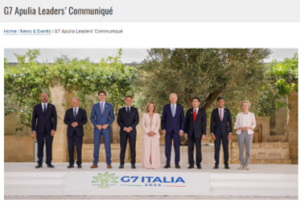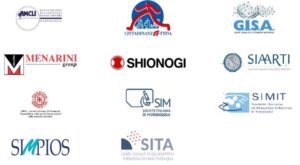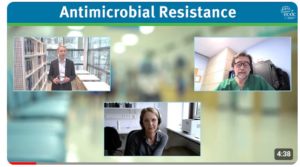Health – The Leaders of the Group of Seven (G7), gathered in Apulia (13-15 June 2024) to meet global challenges at a crucial moment in history and as the international community confronts multiple interconnected crises. The Summit G7 therefore said: “We will continue promoting a One Health approach, bolstering prevention and health systems, further contributing to achieving Universal Health Coverage (UHC) and promoting equitable access to quality health services and essential medical countermeasures (MCMs). We reaffirm our commitment to accelerating progress towards SDG 3, ensuring healthy lives and promoting well-being for all at all ages.
Antimicrobial Resistance – In particular the G7 participants further stated: “We remain deeply concerned with antimicrobial resistance (AMR) and other health challenges exacerbated by the triple planetary crisis of climate change, biodiversity loss and pollution, including in low and middle-income countries. Ahead of the UNGA High-Level Meeting on AMR in September 2024, we will support an ambitious outcome document that champions the needs of low- and middle-income countries and include concrete goals and targets that galvanize action alongside the mandate for an evidence-based panel to continue to drive action on AMR. We will continue promoting equitable access to essential antibiotics and integrated actions to counter AMR within a One Health Framework, by exploring and implementing infection prevention and control measures, as well as exercising stewardship for prudent and appropriate use of antimicrobials, including surveillance of their use and consumption. We will also implement push and pull incentives, support public-private partnerships and explore innovative instruments to accelerate research and development on new antimicrobials, their alternatives, and diagnostics”.







